We Are The Lucky Ones tells the story of a generation. It is based on interviews with more than seventy people in Western Europe who were born between 1940 and 1949. It is the story of people who started out with little, who experienced ever-improving living standards and are now leaving behind a world where such growth is no longer sustainable. Their memories form a collective time capsule of the past eighty years, told as one continuous life story in music theatre form. Following individual experiences and societal changes over the decades, the opera raises crucial questions about the relationship between the private and the political, the impact of our choices and what truly matters in the end.
Preview in NRC (in Dutch) >
Preview in Trouw (in Dutch) >
Preview in de Volkskrant (in Dutch) >
Details
We Are The Lucky Ones was commissioned by Dutch National Opera & Ballet and the Ruhrtriennale 2025.
The composer is extremely grateful to Yaddo in New York and the MacDowell Colony in New Hampshire, where large parts of this score were written during residencies in 2023/2024, and to the Berliner Senatsverwaltung für Kultur und Gesellschaftlichen Zusammenhalt for for the Arbeitsstipendium in 2024 that supported aspects of the development of this work.
We Are The Lucky Ones is dedicated to Chris & Geoff Venables, Mary Jane & Randy Huffman and Hayati & Jeff Segal, with love.
Year: 2025
Duration: c.100 mins without interval
Text: Nina Segal and Ted Huffman, based on interviews with 80 people born in Europe in the 1940s
Text in English.
Cast
ONE — soprano
TWO — soprano
THREE — mezzosoprano
FOUR — contralto
FIVE — tenor
SIX — tenor
SEVEN — baritone
EIGHT — bass
Instrumentation: 2(+2picc, +alto).2(+cor).2(+b.cl).sax(sop+bari).2(+cbsn) / 4.2.3.1 / Perc(3).Hp.Pno.Acc / 12.10.8.6.4
Published by Opera Edition Ltd.
Original Production
The world premiere was given on 14th March 2025 at Dutch National Opera in Amsterdam.
Cast: Claron McFadden, Jacquelyn Stucker, Nina van Essen, Helena Rasker, Miles Mykkanen, Frederick Ballentine, Germán Olvera, Alex Rosen
Residentie Orkest
Musical direction — Bassem Akiki
Stage direction and set design — Ted Huffman
Costume design — Ted Huffman, Sonoko Kamimura
Lighting design — Bertrand Couderc
Movement — Pim Veulings
Video design — Nadja Sofie Eller, Tobias Staab
Dramaturgy — Nina Segal, Laura Roling
Buy Score and Hire performance materials >
Awards
International Opera Award for Best World Premiere 2025 — shortlisted nominee
Press
Critic’s Pick: ‘We Are the Lucky Ones’ gives voice to a generation. This new opera assembles a compassionate, haunting portrait of the middle class that emerged from World War II and considers what they leave behind. […] What emerges, in an opera as compact and overwhelming as “Wozzeck,” is a portrait of a generation told with compassion, wisdom and artfulness. […] the creators of “We Are the Lucky Ones” push the boundaries of opera […] Like the best of opera, “We Are the Lucky Ones” often says two things at once, between the libretto and the score. — New York Times
⭐️⭐️⭐️⭐️⭐️ “Octet singers astound in amazing opera ‘We Are The Lucky Ones’“. […] a thunderous opening of the Opera Forward Festival. Bassem Akiki conducts the complex and attractive score with preponderance and swing.” — Trouw
⭐️⭐️⭐️⭐️⭐️ In the overwhelming opera ‘We Are The Lucky Ones’, an entire lifetime flashes before you. Everything about this brand-new performance about the baby-boomer generation is a bullseye. Venables glues the fragments of life together with contrasting and often sliding orchestral music, with brass and percussion at the base and colourful shots of piano, accordion and saxophone. The atmosphere is clearly the Hollywood, jazz and ballroom scene of the mid-twentieth century, but nowhere does it become cheap imitation. Meanwhile, the rhythmic tapping of woodblocks warns that time is moving irrevocably forward. A whole lifetime flashes before your eyes in this overwhelming festival opener that penetrates both heart and mind. — NRC
⭐️⭐️⭐️⭐️⭐️ We Are the Lucky Ones is marvellous in scope and achievement. …a harrowing, tender, funny, non-judgmental living portrait of a generation widely regarded as the winners, and a profound reflection on the human condition. Taking his inspiration from the 20th century’s culturally polyphonic second half, Venables has created a huge-hearted score bursting with nostalgic references to Hollywood, jazz and dance and popular classics, with sublime vocal writing in which the soloists are their own chorus, all in a musical language that is entirely his own. — Bachtrack
Heartwarming portrait of a generation of ‘boomers’. — Theaterkrant
Deutschland Radio Kultur (in German)
The composer Philip Venables, an eclectic in the best sense of the word, illustrates the stories less than he amplifies the drama of many, often
unspectacular private moments through muscular orchestration: the story of the father psychologically damaged in war pulsates with unresolved trauma, the choral announcement of a house purchase – “in a safe neighbourhood, with families like ours!” – is a dissonant triumphal song, the memory of a class reunion becomes a habanera. — Süddeutsche Zeitung
We Are The Lucky Ones has become a performance of great eloquence. The fragments of text brought together in the libretto are conveyed by eight soloists in a constellation that is both musically and visually virtuosic. […] Philip Venables’ music fits that scheme with an easy-to-hear patchwork full of deliberately chosen quotations and references. The result is a clearly instrumented and homogeneous orchestral backdrop for the soloists that perfectly matches the mood of their lyrics. […] We Are The Lucky Ones is a successful example of a new path. And that applies to both the work and the performance. Not insignificantly, moreover, Venables and Huffman were able to build on three centuries of musical theatre without rigorously jettisoning all traditions and achievements. In short: a surprising and above all hopeful opening of the Opera Forward Festival 2025! — Opus Klassiek
Holding up a mirror to the audience, moving them, provoking thought and painting a picture of our possible future — these are just some of the possibilities that the performing arts can provide for us. All this and more is currently on offer in De Nationale Opera’s Opera Forward Festival, We Are The Lucky Ones.— De Nieuwe Muze
Venables’ “We are the Lucky Ones” causes a sensation in Amsterdam. A sumptuous cast of singers, led by Bassem Akiki’s sharp musical direction, magnify this unclassifiable and seductive music. […] Venables offers a highly effective score, joyfully inviting echoes of Hollywood, big band, swing and jive. Moving pedal tones form the background for the interviews; tight imitations sketch out the dialogue; a few symbols can be heard, here a perpetuum mobile represents work, there aggressive syncopations illustrate a hunting scene, while the final regrets will see the gradual crumbling of the material. The whole is delightful for its diversity and enchanting for the balance between voices and instruments. — Diapason
Venables’ score responds perfectly to the kaleidoscope of scenes and situations, for the first time composing an opera for symphony orchestra, from which he draws brilliant fruit. The British composer’s music unambiguously embraces an eclecticism that should not be confused with a lack of personality; passages of a density somewhere between post-modern and post-minimalist coexist with the evocation of rhythms typical of the decades evoked with a clear component of Hollywood sumptuousness, for music that never falls (nor does the libretto) into easy sentimentality. Not least, Venables also knows how to write for the voices without sacrificing the clear enunciation of the text. — Opéra Actual
Der Zukunft der Oper... a sound that alternates between music of memory, wild outbursts and lyrical moments. Their vital parlando forms the core of the whole. — TAZ
A polyphonic tale made up not by eight characters but by the eight intertwined voices of the formidable and versatile performers of this brilliant work. […] If the bitter aftertaste of that hyper-realistic 90-minute synthesis of a life is inevitable, it is sweetened with a generous dose of irony, distributed copiously by the stylistically heterogeneous and theatrically intelligent score by Venables, who for the first time writes for a large orchestra. — Giornale della Musica
When opera tells our real story. The instrumental score, intended for a traditional symphony orchestra with additional percussion, accordion and piano, is rich in a variety of writing styles, all fairly accessible, and nicely supports or complements the voices, which are left to express a whole range of feelings and emotions, either solo or in ensembles. — La Libre
Productions of We Are The Lucky Ones
2026 — Tiroler Festspiele Erl
2025 — Ruhrtriennale, Bochum
2025 — Dutch National Opera
News about We Are The Lucky Ones
-
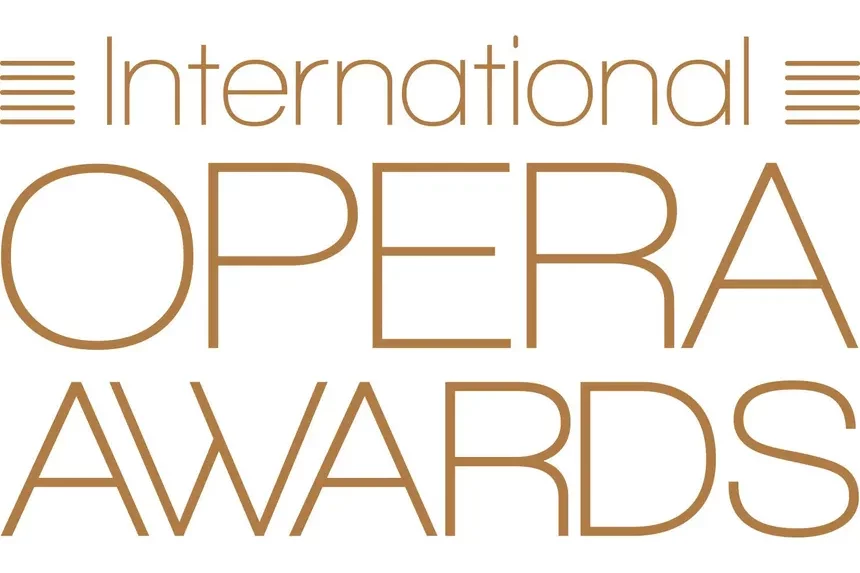
We Are The Lucky Ones nominated for International Opera Award
We Are The Lucky Ones has been shortlisted for the International Opera Awards in the “World Premiere” category. The winners will be announced on 13th November, in a gala ceremony…
-

We Are The Lucky Ones at Ruhrtriennale 2025
The programme for the 2025 Ruhrtriennale has been announced. We Are The Lucky Ones will feature in the festival, which will be the opera’s German premiere. The production by Ted…
-

We Are The Lucky Ones at Tiroler Festspiele
The 2025/26 season at the Tiroler Festspiele in Erl, Austria, has been announced. We Are The Lucky Ones will feature in the festival, which will be the opera’s Austrian premiere.…
-
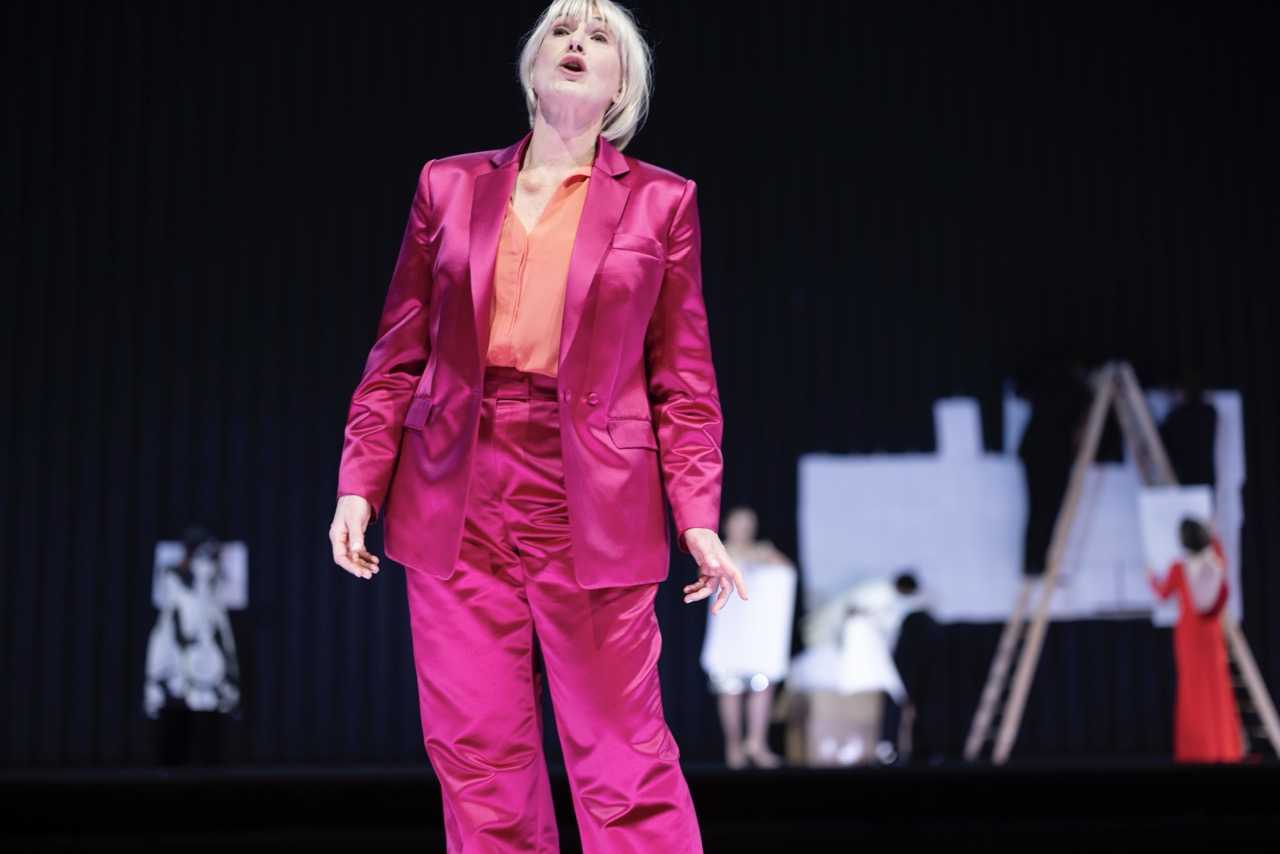
5-star reviews for We Are The Lucky Ones
Here is a selection of press quotes from the premiere production of We Are The Lucky Ones, March 2025 (some machine translated): Critic’s Pick: ‘We Are the Lucky Ones’ gives…
-
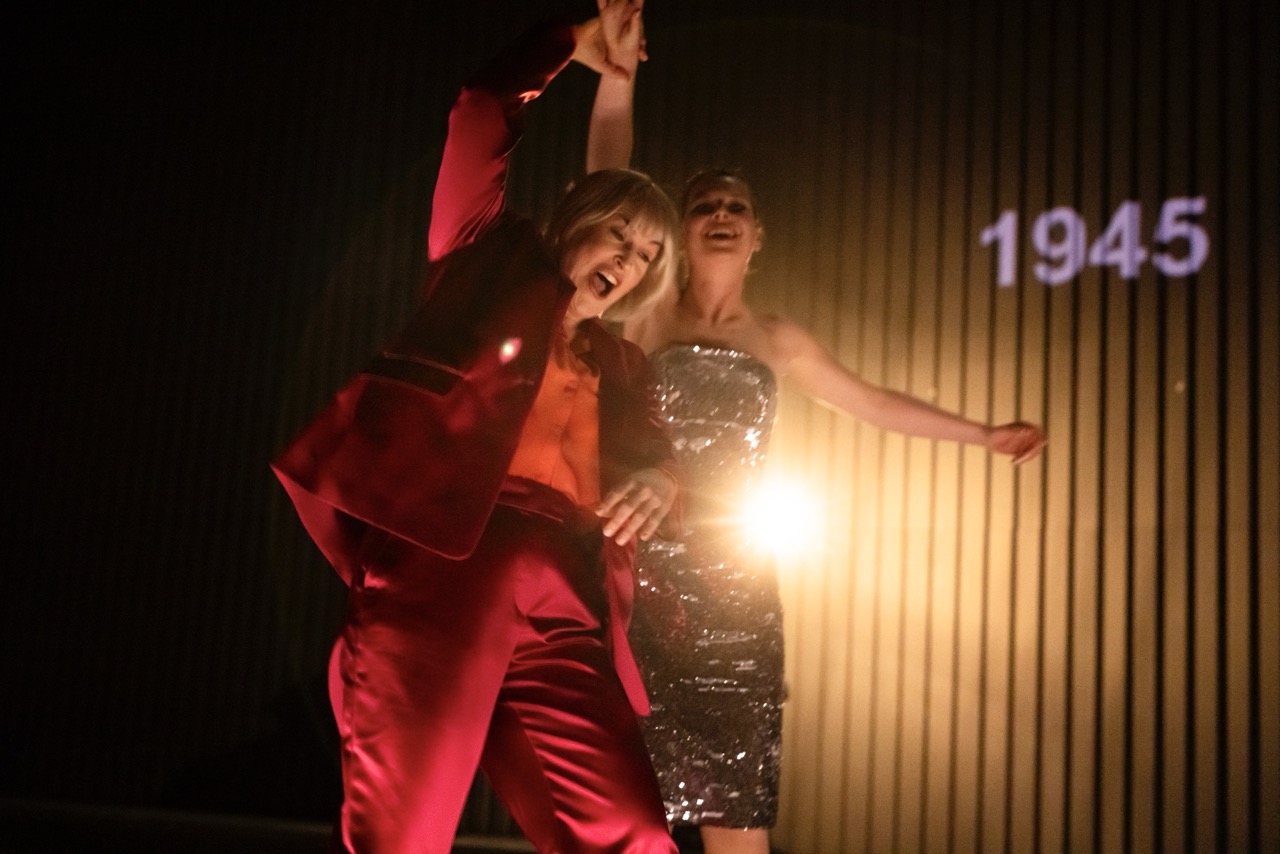
We Are The Lucky Ones production images
We Are The Lucky Ones premiered at Dutch National Opera & Ballet, Amsterdam, on 14th March 2025. Here are some production shots, credit: Dutch National opera | Koen Broos. Libretto:…
-
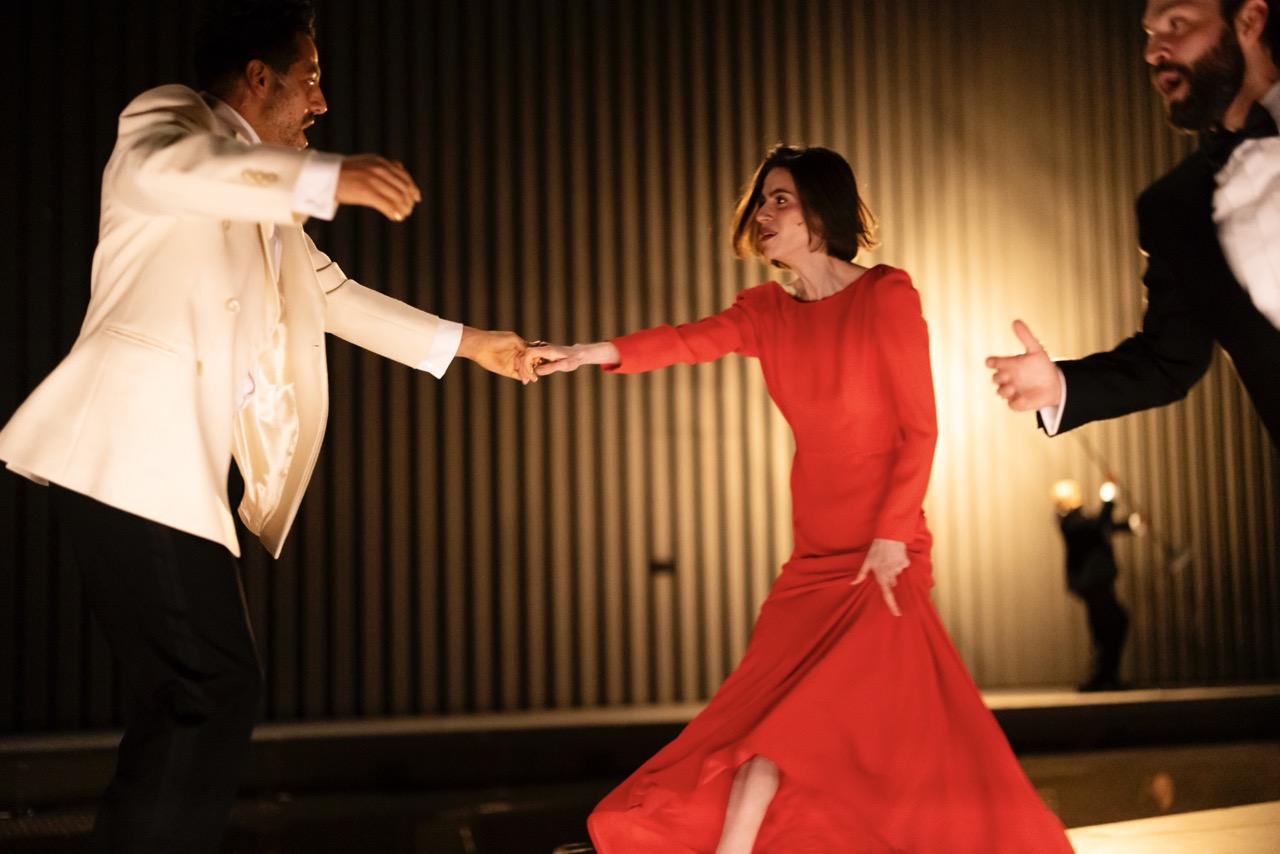
Preview articles about We Are The Lucky Ones
Here are links to three in-depth previews of We Are The Lucky Ones, published in the Dutch press. (excerpts machine translated.) NRCThe stories of dozens of people born in the…
-
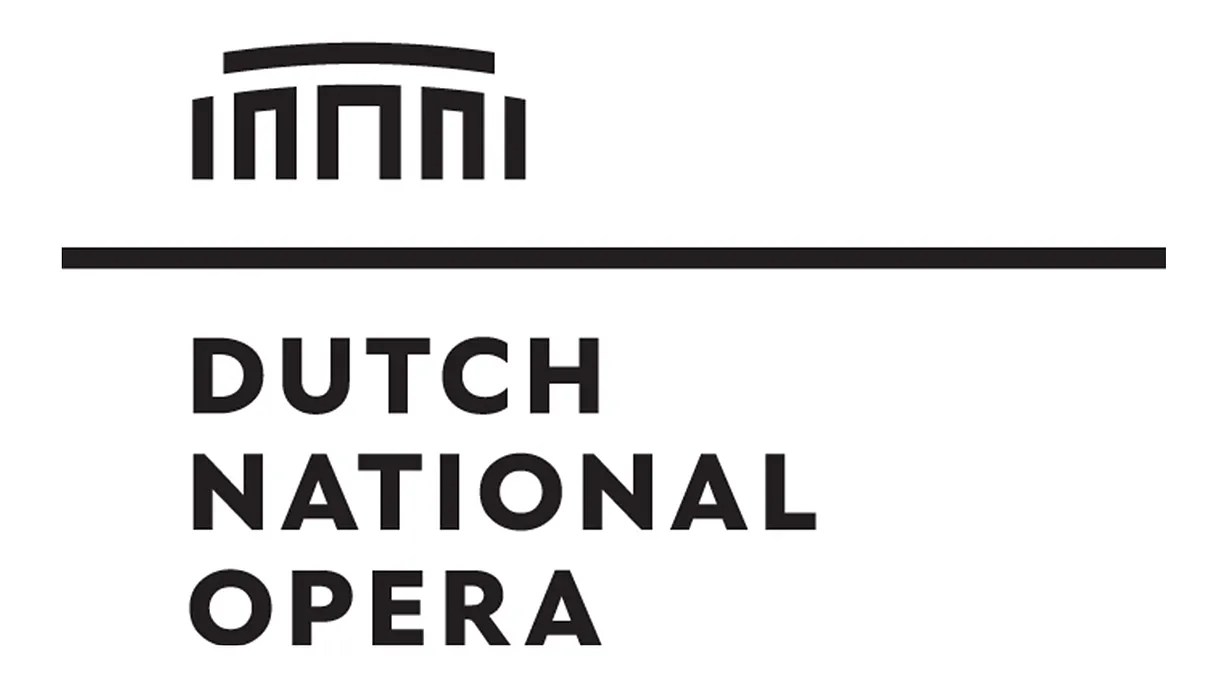
New opera announced: We Are The Lucky Ones
I’m delighted to announce our next opera, We Are The Lucky Ones. The opera is commissioned by Dutch National Opera, and it will premiere at the Opera Forward Festival in…